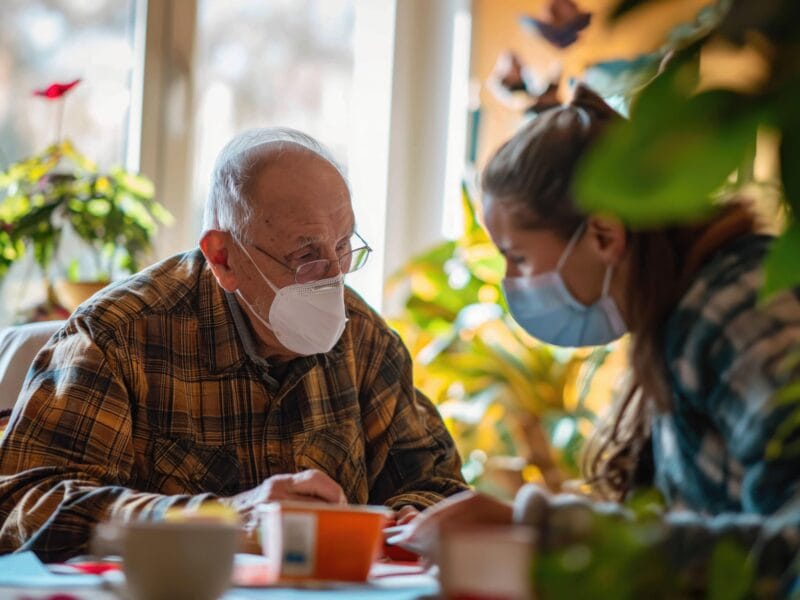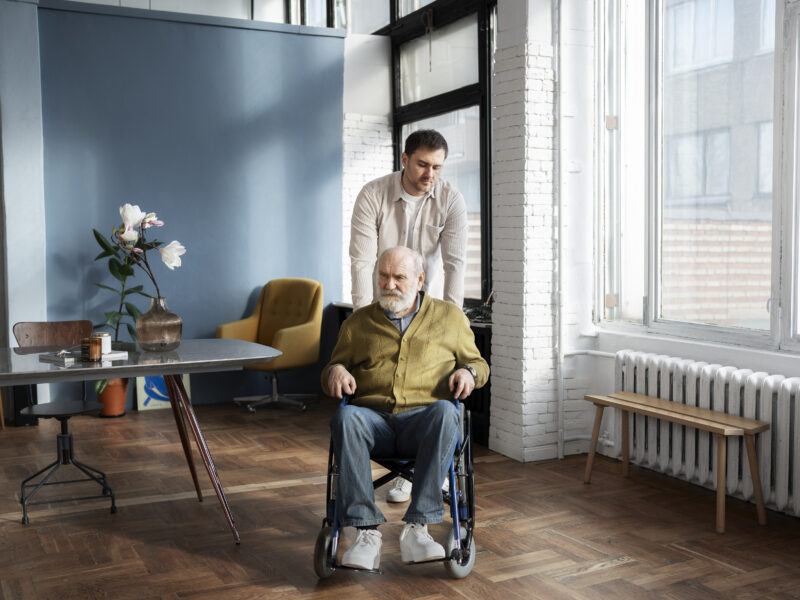Establishing a supportive environment for people requiring daily life assistance is essential for improving their independence and quality of life. Whether you’re navigating personal care, looking for living aids, or managing your daily routine, understanding the essentials of Assistance with Daily Life supports can have a big impact on your wellbeing. This blog explores the essentials of these supports, focusing on the vital role of a support coordinator NDIS, personal assistance services, living aids, personal care assistance, and life assistance.
What is Assistance with Daily Life Support?
Assistance with Daily Life supports includes a range of services designed for assisting people in effectively managing their daily activities. These supports are essential for individuals who find it difficult to perform everyday duties because of age, disabilities, or other reasons. These services help people live more independently and comfortably by offering customized support.
The variety of Assistance with Daily Life supports guarantees that each person’s specific needs are satisfied, whether it’s through living aids or personal care assistance. These services are not just about meeting basic needs; they also aim to improve people’s overall quality of life
The Role of Support Coordinators in NDIS
The involvement of a support coordinator NDIS is one of the most critical aspects of managing assistance with daily life supports. It plays a vital role in helping people navigate the National Disability Insurance Scheme (NDIS), ensuring they receive the right support.
A support coordinator NDIS serves as a bridge between participants and the services they require, offering personalized guidance to maximize the NDIS plan. To ensure a smooth experience, they assess each individual’s needs, identify the best services, and coordinate the delivery of those services.

The Impact of a Support Coordinator NDIS
Many participants find it difficult to navigate the complexities of the National Disability Insurance Scheme (NDIS), particularly when it comes to managing assistance with daily life support. A support coordinator NDIS is a great resource for simplifying this process helping individuals understand their NDIS plans and how to utilize them effectively. This personalized approach not only makes the system more accessible but also helps participants more self-assurance in their ability to manage their daily lives and achieving their goals
A support coordinator NDIS plays an essential role in coordinating various aspects of care, from arranging personal care assistance to acquiring living aids that increase independence. They act as advocates for participants, ensuring that their voices are heard and their needs are prioritized.
The Importance of Living Aid
Living Aid refers to a variety of tools, devices, and modifications that help people with disabilities in performing everyday tasks. Living Aid is necessary to create an environment that supports independence, from walkers and wheelchairs to adaptable kitchen tools and house modifications.
Living Aid also includes technological developments that have completely changed how people with disabilities interact with their environment. For example, voice-activated smart home systems allow users to adjust the temperature, lighting, and security settings without moving. People with disabilities can live better lives and engage more fully in social and personal activities by integrating these assistance.
The Role of Personal Assistance Services
Personal assistance services are a key component of daily life support. These services are typically provided by expert professionals who specialize in one-on-one assistance with tasks like clothing, grooming, bathing, and medication administration. The goal of personal assistance services is to ensure that people with disabilities can live as independently as possible while still getting the support they require to stay safe and healthy.
Personal assistance services also extend beyond basic care. They often provide companionship and emotional support, which reduce the feelings of loneliness and isolation. Improving the overall well-being of people with disabilities requires an inclusive approach to care.

Life Assistance: Improving Quality of Life
Life assistance includes a wide range of services designed to enhance the overall quality of life for individuals with disabilities. This can include support for social interaction, recreational activities, and community involvement. Life assistance aims to enable people to have active, fulfilling lives by removing barriers to participation in every aspect of life.
Life assistance involves helping someone with transportation to social gatherings or offering support during activities and outings. Life assistance plays an essential role in promoting social inclusion and emotional well-being by facilitating these experiences.
Assistance with Daily Life supports go beyond assisting people with disabilities in doing everyday tasks, they also aim to enable them to fully experience life. We can create an environment that promotes inclusion and independence by offering complete support that includes personal assistance services, Living Aid, personal care assistance, and life assistance.





